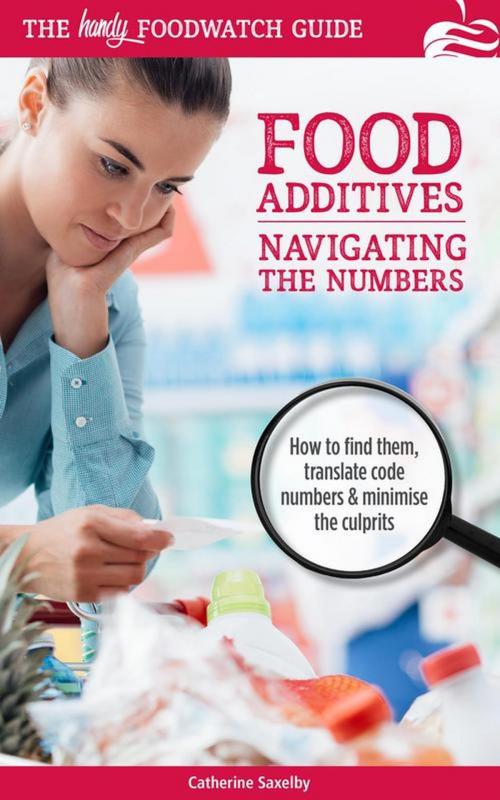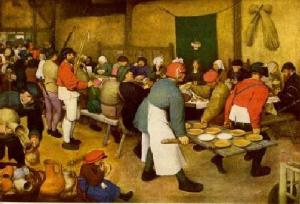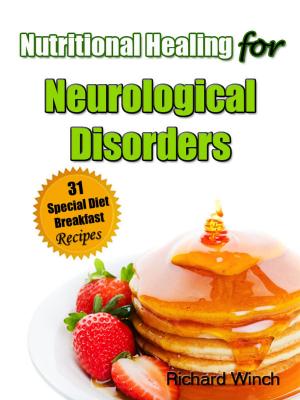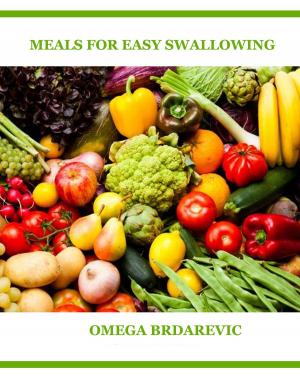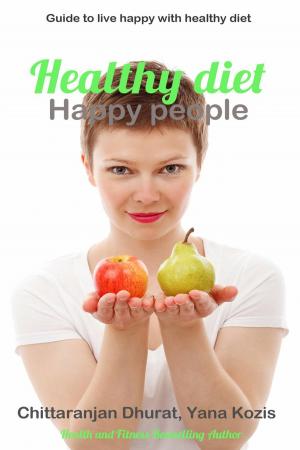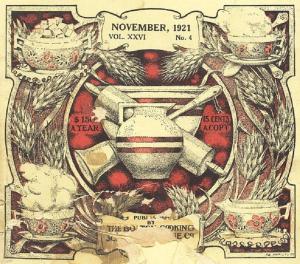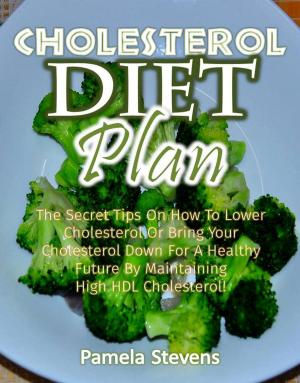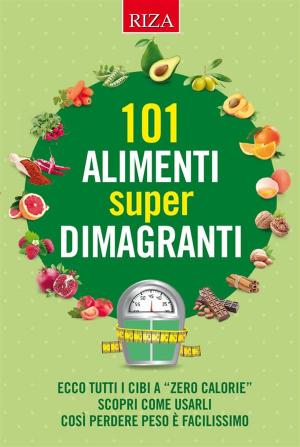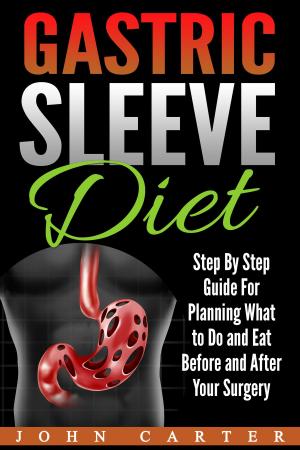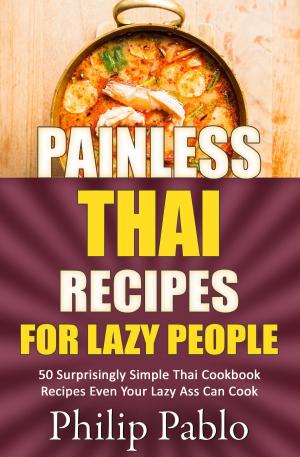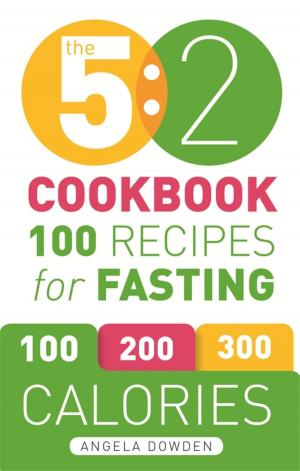Navigating the Numbers: The Handy Foodwatch Guide to Additives
Foodwatch Guides
Nonfiction, Health & Well Being, Health, Nutrition & Diet, Food Content Guides| Author: | Catherine Saxelby | ISBN: | 9780987552112 |
| Publisher: | Foodwatch | Publication: | August 31, 2017 |
| Imprint: | Language: | English |
| Author: | Catherine Saxelby |
| ISBN: | 9780987552112 |
| Publisher: | Foodwatch |
| Publication: | August 31, 2017 |
| Imprint: | |
| Language: | English |
Navigating the Numbers sheds new light on additives, why they are used, where they come from and which ones should trigger your 'avoid' button.
Additives are a part of modern food life and they're not all bad. Despite our best intentions, we can't always eat fresh and to make food safe, stable and taste good, we need a few additives. But which ones?
This book explores the notion that processing food is not so very different to cooking it, whether it's drying, salting, pickling, canning or freezing. And adding salt or sugar or soy sauce at home does not make food healthier and 'better' than bought foods.
It outlines the 23 classes of additives in use and shows you how to find them on food labels. It lists those that are harmless (such as citric acid 330) or that you're probably already consuming (such as magnesium sulphate 518 - better known as Epsom salt).
It finishes with a 4-step plan to avoid additives if you decide you still want to and describes the new move to 'clean labels' that manufacturers now adopt.
This book tells the story behind those pesky additives and those code numbers on the back of food packaging. It's not a book about 'evil chemicals' in your food. But it will make you think twice before eliminating them entirely from your diet, offering a sensible middle ground to help you cook with health in mind.
Navigating the Numbers sheds new light on additives, why they are used, where they come from and which ones should trigger your 'avoid' button.
Additives are a part of modern food life and they're not all bad. Despite our best intentions, we can't always eat fresh and to make food safe, stable and taste good, we need a few additives. But which ones?
This book explores the notion that processing food is not so very different to cooking it, whether it's drying, salting, pickling, canning or freezing. And adding salt or sugar or soy sauce at home does not make food healthier and 'better' than bought foods.
It outlines the 23 classes of additives in use and shows you how to find them on food labels. It lists those that are harmless (such as citric acid 330) or that you're probably already consuming (such as magnesium sulphate 518 - better known as Epsom salt).
It finishes with a 4-step plan to avoid additives if you decide you still want to and describes the new move to 'clean labels' that manufacturers now adopt.
This book tells the story behind those pesky additives and those code numbers on the back of food packaging. It's not a book about 'evil chemicals' in your food. But it will make you think twice before eliminating them entirely from your diet, offering a sensible middle ground to help you cook with health in mind.
